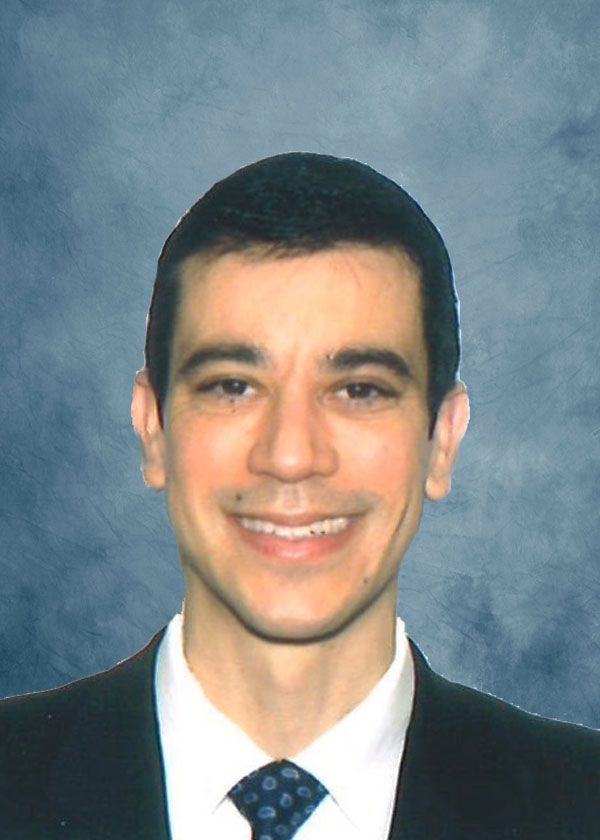Our Team

Dr. Edward (Ted) Spack
Dr. Edward Spack received his doctoral degree from The Johns Hopkins University and his postdoctoral fellowship in cellular immunology at Stanford University. He is a NeuroImmunologist with over 30 years of nonprofit and biotech translational experience, including preclinical development of drug candidates for Multiple Sclerosis. He has worked on biologics and small drug development projects in Alzheimer’s disease, multiple sclerosis and cystic fibrosis. He is co-founder of Therini Bio Inc, a start-up biotech company focused on neuroinflammation. He has a longstanding interest in translation of academic discoveries into the clinic and models for bridging the preclinical “Valley of Death.” At Stanford Research Institute International, Dr. Spack directed the PharmaSTART program (a consortium of SRI, Stanford, UC Berkeley, UC San Diego, and UC San Francisco), drafting preclinical development blueprints that led to several major grants and new biotech companies. As Managing Director of an innovative partnership between the National Multiple Sclerosis Society and EMD Serono he supported early-stage MS drug discovery and development projects in academic labs and biotech companies. He has consulted with the NIH translational core services committee and several NIH institutes on preclinical development and serves on several translational study sections, including the NIA Alzheimer’s Disease Drug Development review panel (chair), the NIH Small Business Review on Drug Discovery for Aging, Neuropsychiatric and Neurological Disorders, and the Alzheimer’s Drug Discovery Foundation. Through the California Life Sciences Institute (CLSI) FAST program he mentors San Francisco Bay area and global academic and industry teams in biotech company formation and pitch decks. He was a co-founder and former President of Therini Bio Inc., a biotech spin out from the Gladstone Institute focused on antibody development for Alzheimer’s Disease and other neurodegenerative disorders which has raised >$58M in foundation and private financing, including a recent $36M Series A round.

Dr. Marcel Daadi
Dr. Daadi received his Master of Science, and his PhD in Neurosciences from “Universite de la Mediterranee” in Marseille, France on the sensorimotor mechanisms controlling movements. He has academic and industry backgrounds discovering and developing promising technologies from research laboratories to the clinic. He completed a post-doctoral training at the University of Calgary, School of Medicine, Canada where he discovered a novel method to generate dopaminergic neurons from neural stem cells for applications in Parkinson’s disease. He was a founding scientist at NeuroSpheres LTD, Canada. Dr. Daadi held scientist and faculty positions at Layton BioSciences Inc., University of South Florida, University of San Francisco California, Stanford University, Southwest National Primate Research Center, Texas Biomed, and at the University of Texas Health San Antonio. His laboratory is devoted to the modeling and understanding of neurological disorders and to discovery anddevelopment of therapeutics including cell and gene therapy, and small molecules for the treatment of Parkinson’s disease and brain injuries. The laboratory uses a wide array of neurobehavioral tests, multimodal imaging, induced pluripotent stem cell-based models, in vitro cell assays, single cell multi-omics and immunohistopathological approaches to investigate cellular diversity, aging and neuroplasticity in health and diseases.

Dr. Garett LaSalle
Dr. Garrett LaSalle received his MD degree from the University of Miami Miller School of Medicine, Miami, Forida. Dr. LaSalle completed his Internship and Residency training in Internal Medicine at The Johns Hopkins University, and his Clinical Fellowship training in Interventional Pain Management at The Cleveland Clinic. He has over 15 years of clinical experience in Internal Medicine and Interventional Pain Management. Dr. LaSalle research work is focused on the development of novel therapeutics and delivery systems for the disease modification of neurodegenerative disorders, including Parkinson’s disease and other α-synuclein-related disorders.